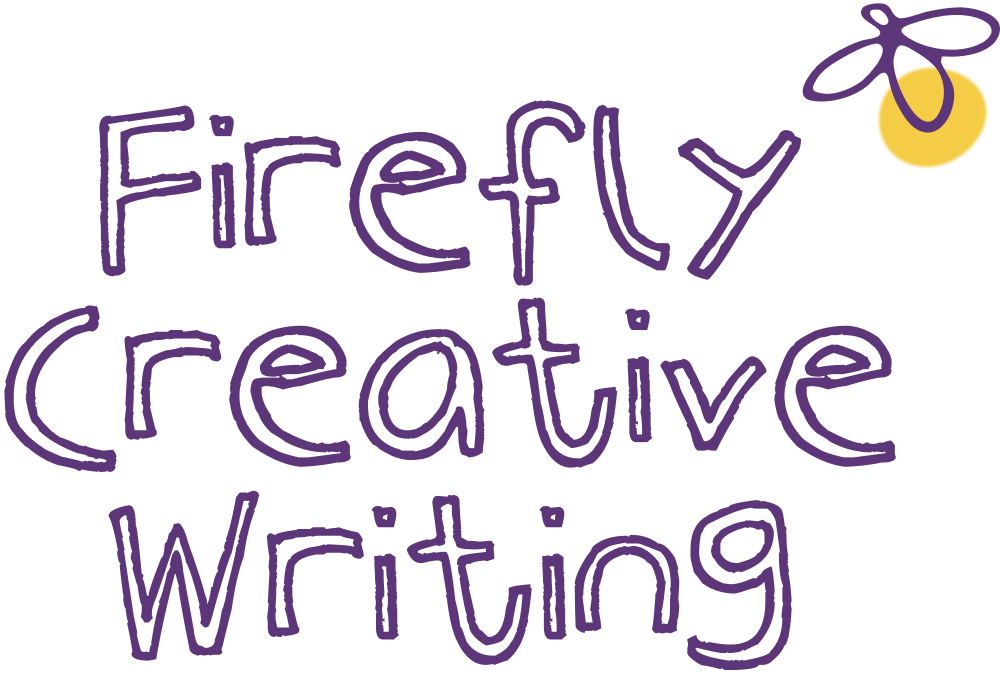
Accessibility
To us, accessibility is both a core value and a constant work in progress.
Our goal is to build programming that centres the needs of everyone in the room. Here are some ways we’re working towards that.
We have a very active financial aid program to help break down financial barriers to our offerings. Every season we give out a new round of bursaries. Participants can apply as many times as they wish, and community members are warmly invited to contribute so that we can give away more.
With very few exceptions, our in-person classes and retreats are all at barrier-free locations, such as St. Matthew’s Clubhouse and Sumac Centre. We’re always looking for affordable barrier-free spaces in Toronto and Southern Ontario for small groups — send us a note if you have contacts!
Accessibility info is made clear and central for all the locations we use, with a page like this.
We provide active listening services for our large group writing programs where we anticipate that the writing may bring up challenging material.
All our materials can be accessed in a screen-reader friendly format. We completed a major website overhaul to make every page is accessible.
We maintain Covid protocols for all our in-person workshops and retreats.
We have a variety of programs to meet different levels of financial access. All our large group writing programs are all sliding scale. We also provide bursaries for our workshops.
For every corporate contract through our Workshops for Workplaces program, we deliver a free workshop to a community group.
We recognize that racism, sexism, transphobia, and other power dynamics are very active in the world of writing. We work to dismantle them by engaging in regular anti-oppression training as a team, offering BIPOC-only writing programs, and curating a reading list about decolonizing writing spaces. We also stay in active conversation about these topics with each other. We welcome feedback and invite the work of repair.
When we had a physical space, it met all standards of wheelchair accessibility and we had a variety of chairs to accommodate different physical abilities and body sizes. As we plan and dream for our new space, access is at the top of our list.
We keep our workshops small and take time to co-create accessibility at the start, inviting everyone into compassionate awareness of one another’s needs. We know that there are no cookie-cutter solutions, every group is unique, and comfort and accessibility looks different every time we gather.
If you have requests, feedback, or ideas, we warmly welcome your voice into this conversation.
